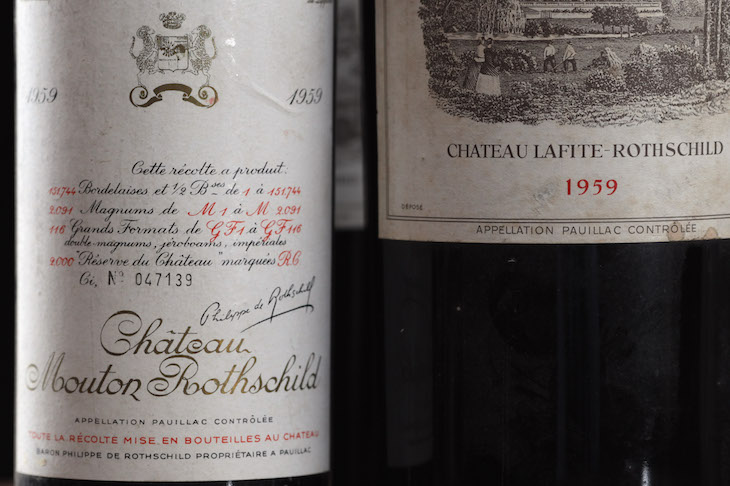I don’t hold out much hope for Drink Free Days, a new campaign launched by Public Health England and the alcohol industry to persuade people to abstain for two consecutive days a week. That was also the recommendation of the House of Commons Science and Technology Committee in 2012, as well as the advice of England’s Chief Medical Officer in 2016, but it doesn’t seem to have had much impact. According to a recent YouGov poll, more than 20 per cent of UK adults ignore the government’s drinking guidelines and are consuming more than 14 units a week.
That may be an underestimate. A recent study published in the Lancet, which looked at alcohol use and its health effects in 195 countries, found that British men and women consume, on average, three drinks a day. Even if we assume that one drink equals one unit — which is unlikely, given that a glass of wine or a pint of beer contains two units — that still means the average Brit is drinking at least 21 units a week. It’s a safe bet that they aren’t taking a day off every week, either, let alone 48 hours. Two thirds of the respondents in the YouGov poll said they would find it harder to cut down on their drinking than if they tried to exercise more or reduce their smoking.
That would have been my reaction, too. I’m in the habit of abstaining completely at the beginning of the year and then seeing how long I can keep it up. I usually manage to remain dry throughout January, and occasionally to stay on the wagon for six months.
But once I start again, it quickly becomes a daily habit. I work through till 7 p.m. and then, on most days, go for a 30-minute run. After that, it’s straight to the fridge for my ‘reward’ — a glass of chilled white wine. I usually stop after three, and pat myself on the back for exercising superhuman restraint, but that’s a total of six units, almost half the recommended weekly maximum. According to Dr Julia Verne, a spokeswoman for Public Health England, anyone who drinks more than 14 units a week is increasing the risks of high blood pressure, heart and liver disease and cancer.
Would I be better off if I stopped drinking completely on two consecutive days? Not necessarily, says Dr Michael Apstein, an assistant professor of medicine at Harvard Medical School. He wrote an article in Decanter, the wine magazine, when this advice was last issued two years ago saying he wasn’t aware of any evidence that two dry days a week would offset the harmful effects of drinking on the other five, particularly if your average weekly consumption doesn’t change, i.e. you drink more during the rest of the week to compensate. On the contrary, he cited a study showing that drinking a glass of wine with dinner every day has a ‘cardio-protective’ effect, reducing the risk of heart disease. That’s also a reason not to bother with ‘dry January’, incidentally.
Unfortunately, the research Dr Apstein refers to has now been superseded by the Lancet study. The lead author Dr Max Griswold told the BBC that while a glass of wine a day can have a protective effect on some conditions, that gain is more than offset by the combined health risks associated with drinking any amount of alcohol. The only ray of hope he could offer is that the risks climb dramatically as your consumption goes up. So while your chances of getting an alcohol-related disease only increases a little bit if you have a single glass of wine a day, they rise steeply with each additional glass. Not great news for half-a-bottle-a-day folks like me.
Still, at least I only drink good wine. As a general rule, the better the wine, the less bad for you it is. For instance, a French white burgundy is typically 12.5 per cent alcohol by volume, whereas some shiraz from the New World is 15 per cent. That’s a 20 per cent increase in alcohol by volume and it can have a significant impact on your blood alcohol level, with a corresponding increase in the risks to your health. As wine ages, its alcohol content also declines, so the healthiest wine you can drink, generally speaking, is the most expensive stuff. That’s what I tell Caroline, anyway, when I return from Majestic with a case of Chassagne Montrachet. She usually matches me glass for glass so, not surprisingly, she doesn’t object.







Comments